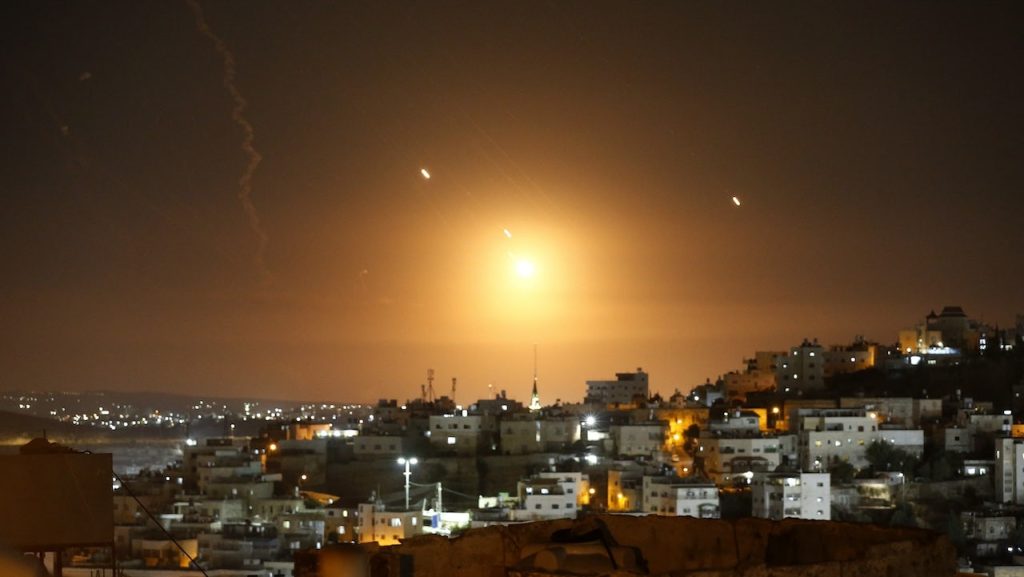Iranian officials have issued warnings about planning the country’s next attack using more powerful warheads than previously used in strikes against Israel, despite U.S. warnings against a counter-attack. Israel recently targeted critical military infrastructure in Iran in response to a wave of missiles launched from Iran into Israel on Oct. 1. Israeli officials have refrained from striking oil and nuclear facilities in Iran, which are vital to its security, but may reconsider this approach. Iranian and Arab diplomats have indicated that Iran’s conventional army could be involved in future attacks, potentially working alongside the Islamic Revolutionary Guard.
Arab and Iranian officials have stated that Iran does not intend to limit its response to drones and missiles in future attacks on Israel. The use of more powerful warheads in any future missiles has been suggested by these officials. It was reported that Iran primarily used four different types of medium-range ballistic missiles in the attack on Oct. 1. The challenge for Iran in signaling an attack is ensuring that the message is clear and comprehensible to all parties involved. Any successful strike, such as the one by Israel in October, designed to prevent escalation, could be perceived by Iran as a provocation that must be retaliated against.
On Saturday, Iran claimed it has the ability to construct a nuclear weapon, with Supreme Leader Ayatollah Ali Khamenei pledging a strong response to actions taken by both Israel and the U.S. Kamal Kharrazi, a top adviser to Khamenei, warned Iran may change its policy on nuclear weapons use if faced with an existential threat. Kharrazi stated that if such a threat emerges, Iran is capable of building weapons without hesitation. The timing of any potential nuclear response from Iran remains uncertain. It was also reported that Iran does not want its actions to influence the U.S. election and any response to Israel’s attack is expected after Election Day but before the presidential inauguration in January.
Behnam Ben Taleblu, a senior fellow at the Foundation for Defense of Democracies, emphasized that Iran still has the capability to launch more powerful projectiles with heavier warheads than previously used in attacks against Israel. Iranian statements have shifted from downplaying the impact of recent attacks to issuing threats of revenge. Taleblu cautioned that escalating without air defenses could have serious consequences, potentially leading to the justification of pursuing nuclear weapons. Iran’s threats of retaliation against Israel and the U.S. have raised concerns about the possibility of further escalation in the region.
The ongoing tension between Iran and Israel, with the potential involvement of the U.S., has raised fears of a broader conflict in the Middle East. Iranian officials have indicated a willingness to use a variety of military capabilities in future attacks against Israel, including the possibility of involving the conventional army. The complex dynamics of the situation, including potential nuclear threats from Iran, add a layer of uncertainty to the already volatile situation in the region. As Iran continues to assert its capacity for nuclear weapons and strong retaliatory responses, the international community remains on edge, watching closely for any potential developments that could further destabilize the region. The threat of escalation between Iran and its regional adversaries looms large, with the potential for significant consequences for the entire Middle East.













